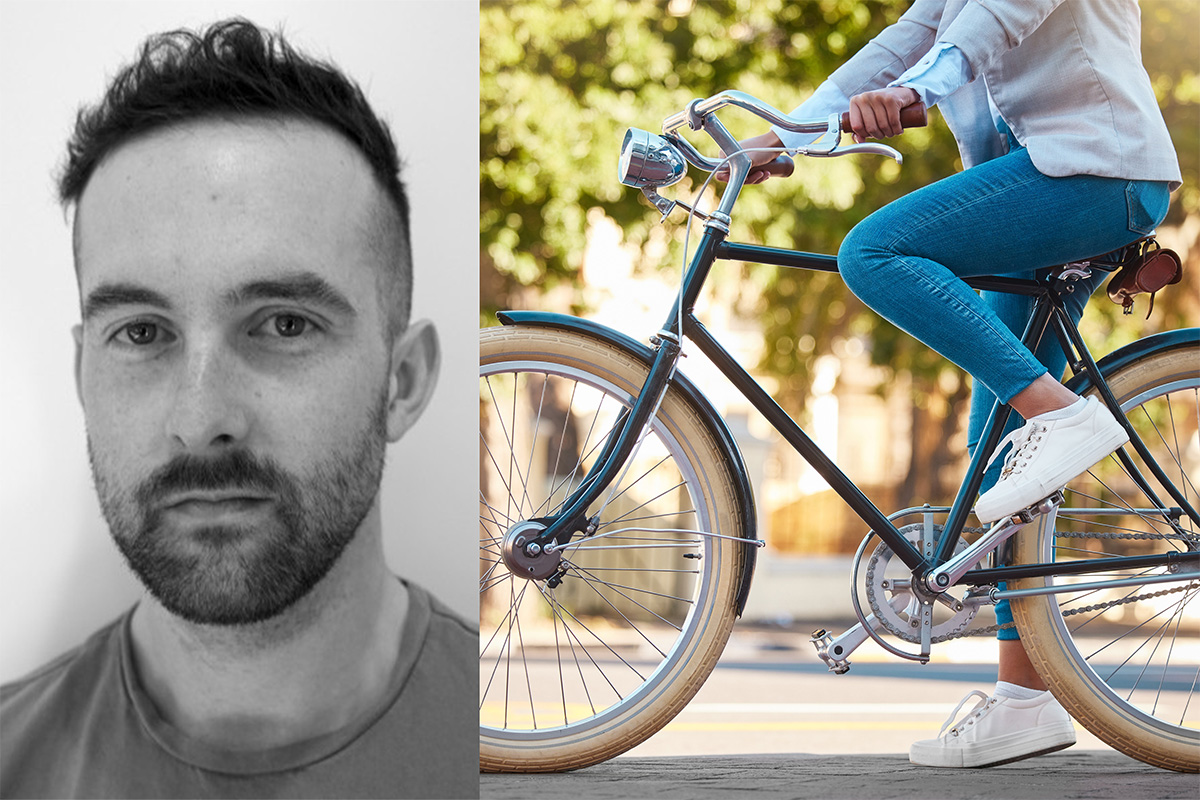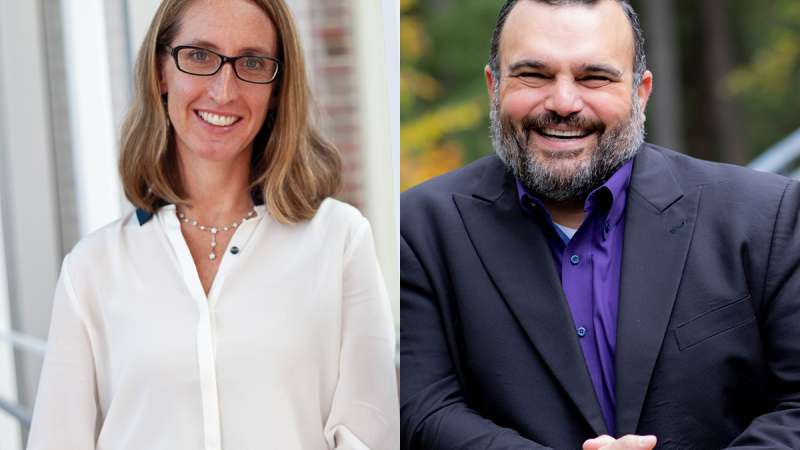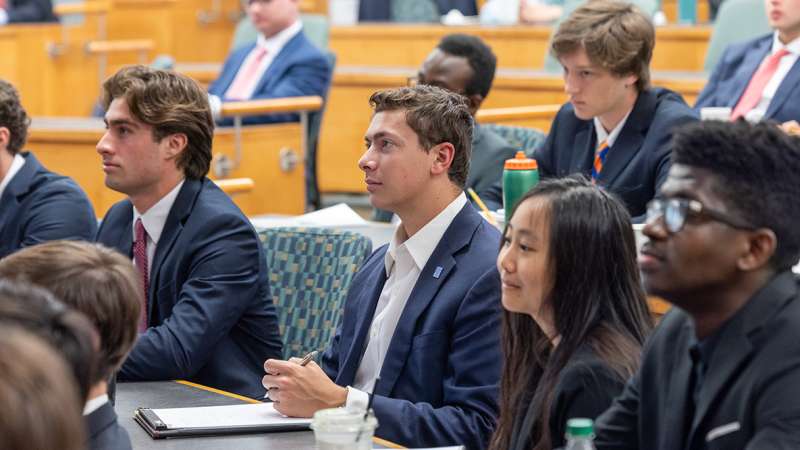
How Small Changes in Transportation Habits Can Have a Significant Impact: Meet Chessin Gertler Bridge’09
Region: Boston, MA
Education: Harvard University
Previous: Spike Ventures, NFINITUM Squash, Kyu Sung Woo Architects Inc, CambridgeSeven, iArc Architects, Choi + Shine, Robarts Interiors & Architecture
The transportation industry is the greatest contributor to greenhouse gas emissions. While it’s not feasible to get every single person to stop driving their cars, small changes in individual habits can still bring outsized effects, says Chessin Gertler, Bridge’09.
“If you can get 5 or 10 percent of an urban population to make an incremental habitual change—whether that’s taking a train or riding a bike a couple of times a week—that actually is a statistically noticeable difference that can go on to affect policy and infrastructure decisions that city governments make,” Gertler says.
Gertler is the founder of Slé, a transportation-focused climate tech app inspired by connected fitness apps like Peloton, Strava, and Whoop. Users of the app are given a score, based on whether they’re driving, riding, or walking, which can be shared with their networks as a way to engage in friendly competition. In turn, it concretizes the issue and gets people to pay attention to their commuting habits.
“Transportation and traffic are incredibly complex and interesting problems that I’m really, really interested in,” says Gertler. “I studied as an architect but was always really most interested in human movement.”
Gertler has ridden bikes his whole life and spent a lot of his childhood outdoors, even though he grew up in Boston, a special place that “has a strong tradition of green space and consideration of open spaces from an urbanism perspective.”
Sustainability also runs in Gertler’s family. One of his brothers is a climate scientist who works for the Department of Energy, while his other brother is an entrepreneur who runs a sustainable seafood company in east Africa. “We’ve all been drawn to the cause in some way or another,” Gertler says.
A lifelong learner, Gertler earned an undergrad degree in east Asian studies from Harvard, a master’s in architecture from Yale, and a master’s in east Asian studies from Stanford. He graduated from Tuck’s Business Bridge program in 2009 after dipping his toes in to get a feel for what an MBA would be like.
“It really did give me a very foundational toolkit for business and helped me really recognize that the way I operated personally was by doing,” he says. “I discovered that I learn best when the pressure is on.”
Now, as an entrepreneur at a startup, Gertler knows that feeling well. Slé started as a free downloadable consumer app, but Gertler suspects that adoption will increase by companies that are interested in carbon accounting as it relates to scope three emissions from employee commuting.
“Now that we have this very fast rise of AI, there’s all sorts of new opportunities that we’re looking to leverage in terms of the accuracy and granularity of the data we can recognize in the way people move around in cities,” he says. “Generative AI is going to fundamentally change the way we approach the problem of passive recognition of multimodal movement. I’m very excited about what technology can do to reduce waste and create greater efficiency.”


